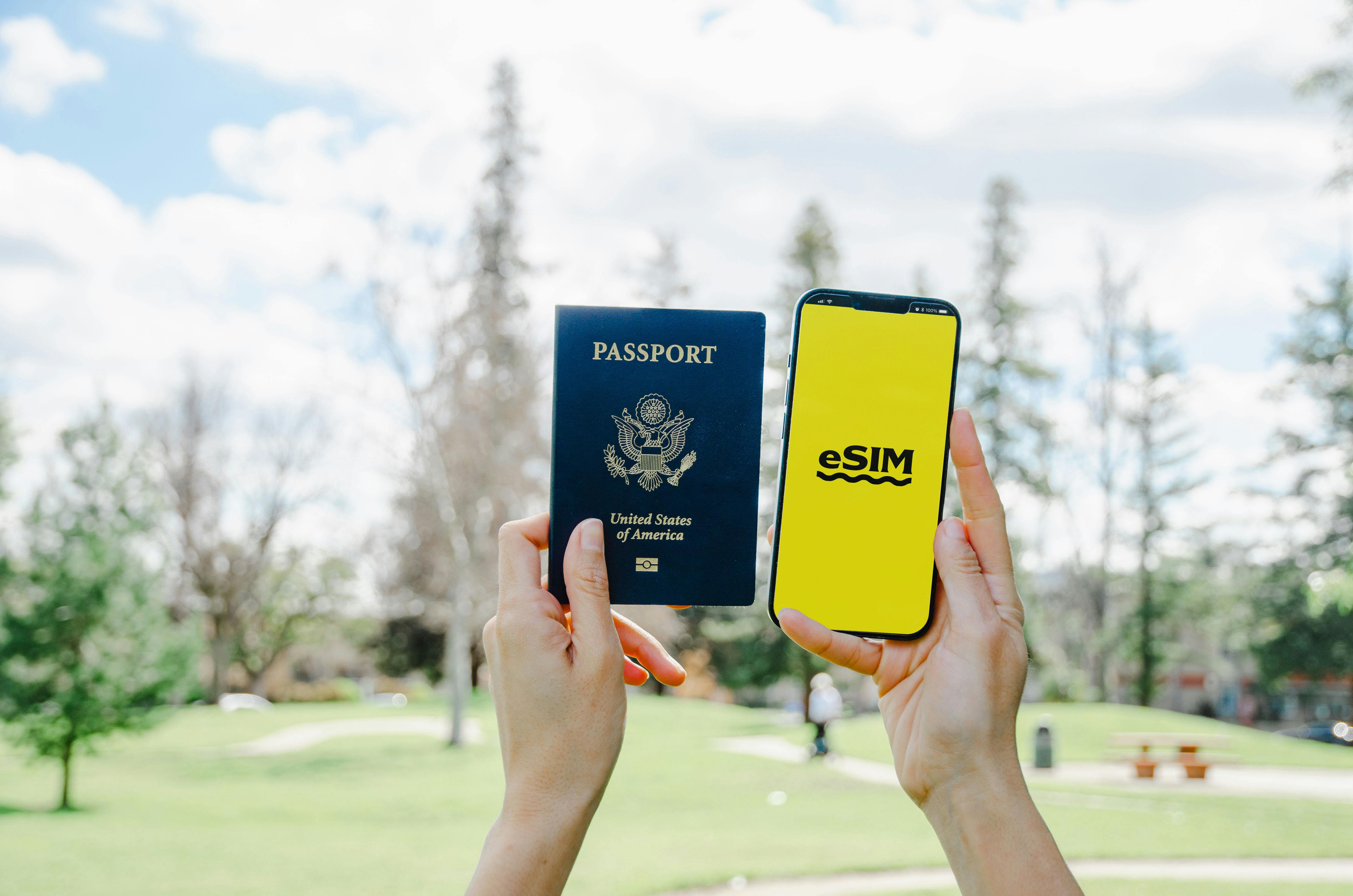
Introduction
In recent years, the landscape of visa applications in the United States has undergone significant changes, particularly for non-resident visa seekers. One of the most critical updates comes from the U.S. Embassy in India, which has mandated that all visa applicants disclose their social media handles from the past five years on the DS-160 application form. This requirement, aimed at enhancing security and transparency, reflects the growing integration of social media in assessing individual identities. In this blog post, we will delve deeper into what this rule entails, the implications of failing to comply, and the steps applicants should undertake to ensure a smooth application process.
Understanding the New Rule
The requirement for applicants to disclose their social media usernames signifies a fundamental shift in how the U.S. government processes visa applications. According to the updated guidelines, applicants must report all usernames and handles used on various platforms. These include:
- X (formerly Twitter)
- TikTok
- YouTube
This directive encompasses both active and dormant accounts. Whether an applicant has posted recently or not, any account utilized over the last five years must be listed. This extensive requirement underscores the government’s commitment to ensuring comprehensive background checks on individuals seeking entry into the United States.
Consequences of Non-Disclosure
Failing to disclose social media accounts can bring serious repercussions for visa applicants. The negative outcomes may include:
- Immediate visa denial – Applicants who neglect to reveal their social media identifiers may find themselves rejected outright.
- Prolonged processing times – Additional scrutiny may delay the processing of applications for those who do not fully comply with this rule.
- Future red flags – Failing to disclose social media accounts could adversely affect future visa applications, leading to more rigorous evaluations.
It is essential for would-be travelers to understand that misrepresenting or withholding information on social media can be interpreted as dishonesty, potentially jeopardizing one’s eligibility for a U.S. visa.
The Rationale Behind the Requirement
The U.S. government has instituted this requirement to bolster national security efforts. By investigating an applicant’s online presence, officials aim to verify identities and identify any potential red flags that may indicate security risks. Social media activity can provide valuable insights into an individual’s character, affiliations, and overall behavior.
This policy represents part of a broader trend where governments worldwide are leveraging online data for background checks during immigration processes. As such, applicants must recognize the importance of presenting an accurate and honest portrayal of their online activities.
Steps Applicants Should Take
To comply with the new social media disclosure requirement and facilitate a smoother visa application process, individuals should take the following steps:
- Review all social media accounts – Applicants should carefully assess all accounts they have used over the last five years, ensuring they compile a comprehensive list.
- List usernames accurately – It is crucial to provide the exact usernames used, as any discrepancies may lead to confusion or errors in processing.
- Don’t omit any platforms – Even platforms where the user interacted minimally should be included. This reflects honesty and transparency in the application.
- Ensure openness – Being upfront about all accounts used is significantly better than attempting to bypass this requirement.
Final Thoughts
This update serves as a powerful reminder for Indian visa seekers and travelers worldwide about the evolving nature of immigration policies. In today’s technology-driven world, one’s online presence is intertwined with their identity. Thus, maintaining honesty and transparency while completing the DS-160 form is paramount. For students, professionals, tourists, and frequent travelers, adhering to this rule is not optional; rather, it is an essential component of securing U.S. visa approval.
Being informed and proactive in following updates from official embassy resources is crucial for ensuring that visa applications are complete and accurate. The implications of failing to meet these new requirements could be damaging, not just for current applications but for future opportunities as well.
Moreover, keeping abreast of the latest changes in visa regulations and technology policies is vital in navigating the complexities of visa acquisition effectively.
